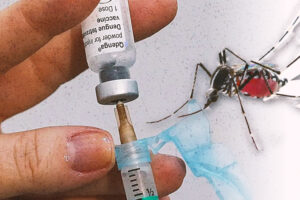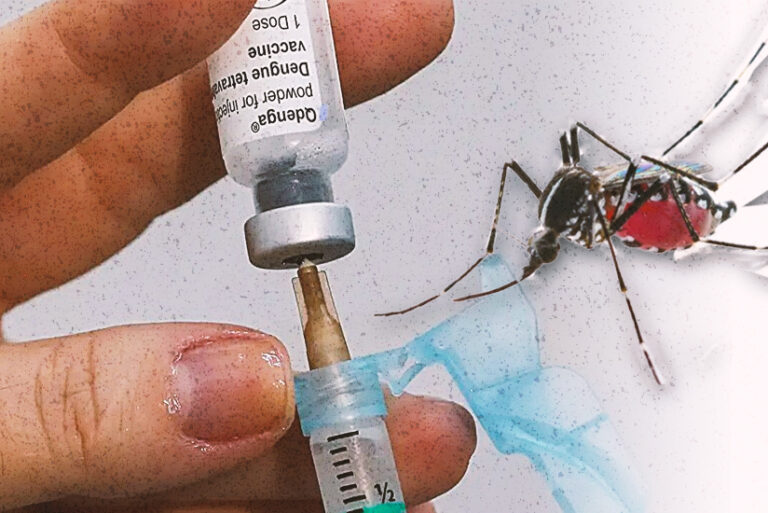Are you fond of consuming foods like margarine, milk tea, and baked goods such as donuts and cookies? If you are, then you probably have accumulated trans fat already in your body.
Should you be concerned? Of course, you should be! The Department of Health (DOH) reported that about 3,000 Filipinos suffer annually from premature death due to high consumption of trans fat.
Trans fats, also known as trans-fatty acids, are defined by the World Health Organization (WHO) as “unsaturated fatty acids that come from either natural or industrial sources.”
Naturally-occurring trans fat comes from ruminants like cows and sheep. Industrially-produced trans fats are formed in an industrial process that adds hydrogen to vegetable oil converting the liquid into a solid, resulting in “partially hydrogenated” oil (PHO). Hydrogenation is a process which stabilizes polyunsaturated oils to prevent them from becoming stale and keep them solid at room temperature, allowing for longer storage periods for commercial sales and distribution.
According to the United Nations health agency, PHO is a stabilizing ingredient in many commercially available foods, such as the following: vegetable shortening, fried/baked foods, pre-mixed products such as pancake and hot chocolate mix, frozen dinners, frozen pizza, ice cream, frozen yogurt, milkshakes, pudding, and non-dairy creamer. The WHO said, “PHOs were first introduced into the food supply in the early 20th century as a replacement for butter and lard; they are not a natural part of the human diet and are fully replaceable.”
There is evidence that heating and frying oil at high temperature leads to a “modest increase” in trans fat concentrations. On the average, the level of trans fat has been found to increase by 3.67 grams per 100 grams after heating, and by 3.57 grams per 100 grams after frying. “There is no evidence that other cooking methods, like baking, boiling, and grilling, lead to increased trans fat concentrations,” the WHO pointed out.
Trans fat has no health benefits. “Trans fat [intake is a huge health risk that incurs huge costs for health systems],” deplores WHO Director-General, Dr. Tedros Adhanom Ghebreyesus. “Your body does not need or benefit from trans fat,” the WHO claims in its website. “Eating these fats increases your risk for health problems.”
For one, trans fat increases your risk for cardiovascular disease. “Trans fats raise your low-density lipoprotein (LDL) or bad cholesterol. They lower your high-density lipoprotein (HDL) or good cholesterol. High LDL along with low HDL levels can cause cholesterol to build up in your blood vessels. This increases your risk for heart disease and stroke,” the WHO explains. Trans fats also increase your risk for diabetes and lead you to gain weight. “Like all fats, trans fat contains 9 calories per gram,” the WHO says. “Consuming a lot of fat can lead to unwanted weight gain. Excess weight increases the risk for diabetes, heart disease, and other health problems.”
The average consumption of trans fat globally was estimated to be 1.4% of total energy in 2010, ranging from 0.2 to 6.5% of total energy across countries (0.13 to 4.3 grams per day for a 2,000-calorie diet). Unfortunately, there is no safe level of consumption of trans fat, according to the US National Academy of Medicine. Thus, eliminating trans fat is cost effective, and will have enormous health benefits. “Put simply, trans fat is a toxic chemical that kills, and should have no place in food. It’s time to get rid of it once and for all,” Dr. Tedros urged. A new report from WHO – Countdown to 2023 – WHO report on global trans fat elimination 2022 – stated that five billion people globally remain unprotected from harmful trans fat.
Studies related to trans fat consumption in the country are lacking, as highlighted by peer-reviewed medical journal, The Lancet. About 3,000 Filipinos die prematurely each year “due to high consumption of TFA,” according to the WHO. To this end, the Department of Health issued Administrative Order 2021-0039 and Food and Drug Administration Circular 2021-028 and 2021-028A, urging food manufacturers to reformulate and remove TFAs from their products. Filipinos may now look forward to decreased trans fat concentrations in processed food from department stores, restaurants and other food stalls. The said government orders were issued on June 18, 2021 and went into effect on July 6, 2021. The Philippines may be late in enforcing the ban which the WHO was asking. But it’s better late than never at all.
“Trans fats are the source of our problem for noncommunicable diseases: hypertension, obesity, stroke. Many countries have already banned it, so it’s our turn (now),” said Health Secretary Ted Herbosa.
So far, 40 countries including Singapore, Ukraine, South Africa, the United Kingdom and the European Union have enacted trans fat elimination policies. Since June 2018, the United States has banned artificial trans fats. – ###








